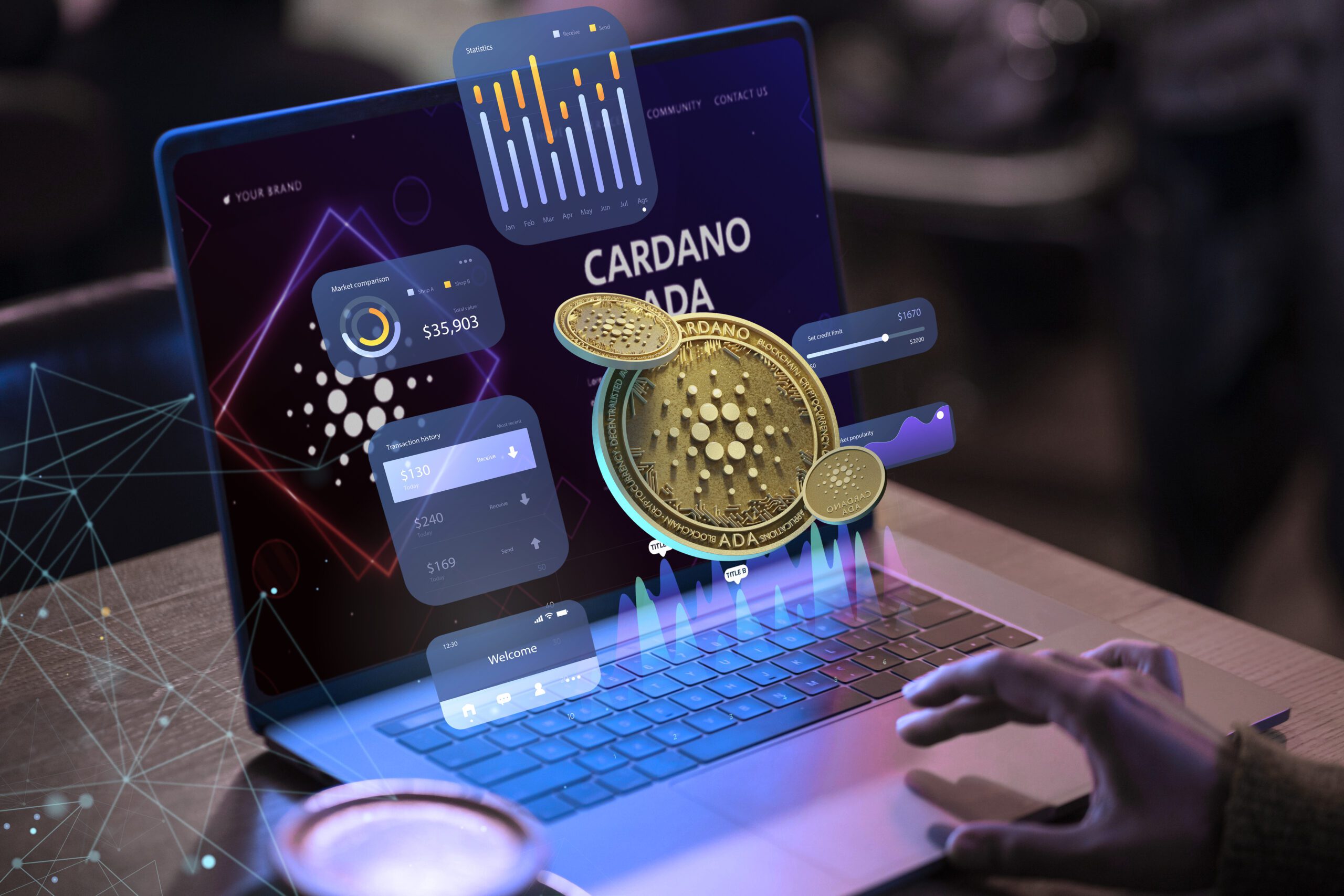Transforming the Future of Digital Assets
In the ever-evolving landscape of technology and finance, two buzzwords have taken center stage, captivating the imagination of investors, creators, and innovators alike. Non-Fungible Tokens – NFTs and Financial Technology – Fintech have emerged as transformative forces, reshaping the way we perceive and interact with digital assets. This article delves deep into the intersection of NFTs and Fintech, exploring the profound impact they have on industries, economies, and the very fabric of our digital future.
Understanding NFTs
Non-Fungible Tokens, commonly known as NFTs, represent unique digital assets that are indivisible and cannot be replicated.
Built on blockchain technology, these tokens establish ownership and provenance for various forms of digital content, including art, music, videos, and even virtual real estate.
The uniqueness of NFTs is attributed to the cryptographic hash that distinguishes each token from the other, making them tamper-proof and secure.
NFTs in the Art World
One of the most notable domains where NFTs have caused a seismic shift is the art world. Traditionally, artists struggled to monetize their digital creations, facing challenges in proving ownership and preventing unauthorized reproductions.
With NFTs, artists can tokenize their work, ensuring authenticity, and enabling them to receive royalties through smart contracts each time their work is resold.
This not only empowers artists but also transforms the art market by democratizing access and revenue distribution.
Fintech’s Role in NFT Ecosystem
As NFTs gain traction across various industries, the synergy with Fintech becomes increasingly evident. Financial Technology, or Fintech, encompasses a broad spectrum of technological innovations that enhance and automate financial services. From decentralized finance (DeFi) platforms to blockchain-based payment solutions, Fintech plays a pivotal role in facilitating the creation, sale, and management of NFTs.
Blockchain Technology as the Backbone
At the heart of the NFT and Fintech convergence lies blockchain technology. Blockchain, a decentralized and distributed ledger, ensures transparency, security, and immutability in the creation and transfer of NFTs. Fintech leverages blockchain to streamline transactions, reduce costs, and enhance the efficiency of financial processes. The symbiotic relationship between NFTs and Fintech is evident in their shared reliance on blockchain as a foundational technology.
NFTs Beyond Art: Real-world Applications
While NFTs gained initial recognition in the art world, their applications extend far beyond. In the realm of Fintech, NFTs are unlocking new possibilities for digital identity, supply chain management, and tokenized assets. Real estate, for example, can be represented as NFTs, allowing for fractional ownership and simplified property transactions. This not only democratizes access to investments but also enhances liquidity in traditionally illiquid markets.
Challenges and Opportunities
Despite the immense potential, the intersection of NFTs and Fintech is not without its challenges. Scalability, energy consumption concerns, and regulatory uncertainties pose hurdles to widespread adoption. However, these challenges also present opportunities for innovation and collaboration. Fintech companies are actively exploring solutions to address scalability and environmental issues, while regulators are working towards establishing a framework that fosters responsible and sustainable development in the NFT space.
NFT Marketplaces and Fintech Integration
As the NFT market continues to expand, specialized marketplaces have emerged as key players in facilitating the creation, sale, and exchange of digital assets. These marketplaces leverage Fintech solutions to enhance user experience, provide secure payment options, and automate smart contract execution. Integrating traditional financial services into NFT platforms enables a seamless bridge between the digital and fiat worlds, opening up new avenues for investors and creators alike.
The Rise of NFT Gaming
Gaming has emerged as a lucrative frontier for NFTs and Fintech collaboration. Blockchain-based games leverage NFTs to represent in-game assets, allowing players to truly own and trade their virtual possessions. Fintech services facilitate secure and instantaneous transactions within these gaming ecosystems, creating a new paradigm where players can earn real-world value through their virtual endeavors. This convergence not only transforms the gaming industry but also blurs the lines between the digital and physical economies.
Decentralized Finance (DeFi) and NFTs
Decentralized Finance, or DeFi, represents a paradigm shift in traditional financial services by eliminating intermediaries and providing a trustless environment for users. The integration of NFTs into the DeFi landscape introduces new possibilities for collateralized loans, liquidity provision, and yield farming. Users can leverage their NFT holdings to access financial services without the need for traditional credit checks, expanding financial inclusion and accessibility.
Navigating Regulatory Waters
As the NFT and Fintech ecosystems continue to evolve, regulatory frameworks struggle to keep pace with the rapid innovation. The decentralized and global nature of blockchain technology poses challenges for traditional regulatory structures. Striking a balance between fostering innovation and safeguarding consumers and investors requires a collaborative effort between industry stakeholders, policymakers, and regulatory bodies. Clear and adaptive regulations will play a crucial role in shaping the future of NFTs and Fintech.
The Environmental Impact Debate
One of the prominent debates surrounding NFTs pertains to their environmental impact, particularly in terms of energy consumption. The proof-of-work consensus mechanism, employed by popular blockchains like Ethereum, has faced criticism for its carbon footprint. Fintech innovators are exploring alternative consensus mechanisms and sustainable blockchain solutions to mitigate environmental concerns. Balancing the benefits of NFTs with environmental sustainability remains a key challenge for the industry.
NFTs and Fintech – Democratization of Finance
At its core, the intersection of NFTs and Fintech represents a paradigm shift towards the democratization of finance and creative expression. NFTs empower artists, creators, and investors by providing direct access to global markets, eliminating traditional gatekeepers, and enabling peer-to-peer transactions. Fintech, with its emphasis on inclusivity and accessibility, plays a pivotal role in ensuring that the benefits of this democratization reach a wide spectrum of participants.
Looking Ahead: The Future of NFTs and Fintech
The synergy between NFTs and Fintech is still in its early stages, with immense potential for growth and disruption. As technological advancements address current challenges, the integration of NFTs into everyday life and financial services is poised to become more seamless. Collaborations between artists, technologists, and financial institutions will drive innovation, creating a future where digital assets are not just a niche market but an integral part of the global economy.
NFTs and Fintech – Conclusion
In conclusion, the convergence of Non-Fungible Tokens and Financial Technology marks a transformative moment in the evolution of digital assets. From reshaping the art world to revolutionizing gaming and finance, the synergy between NFTs and Fintech is driving unprecedented innovation. While challenges persist, the opportunities for growth, collaboration, and democratization are immense. As we navigate the complex intersection of these two powerful forces, one thing is clear – the future of NFTs and Fintech promises to be a dynamic and inclusive journey that will redefine how we create, trade, and perceive value in the digital age.





